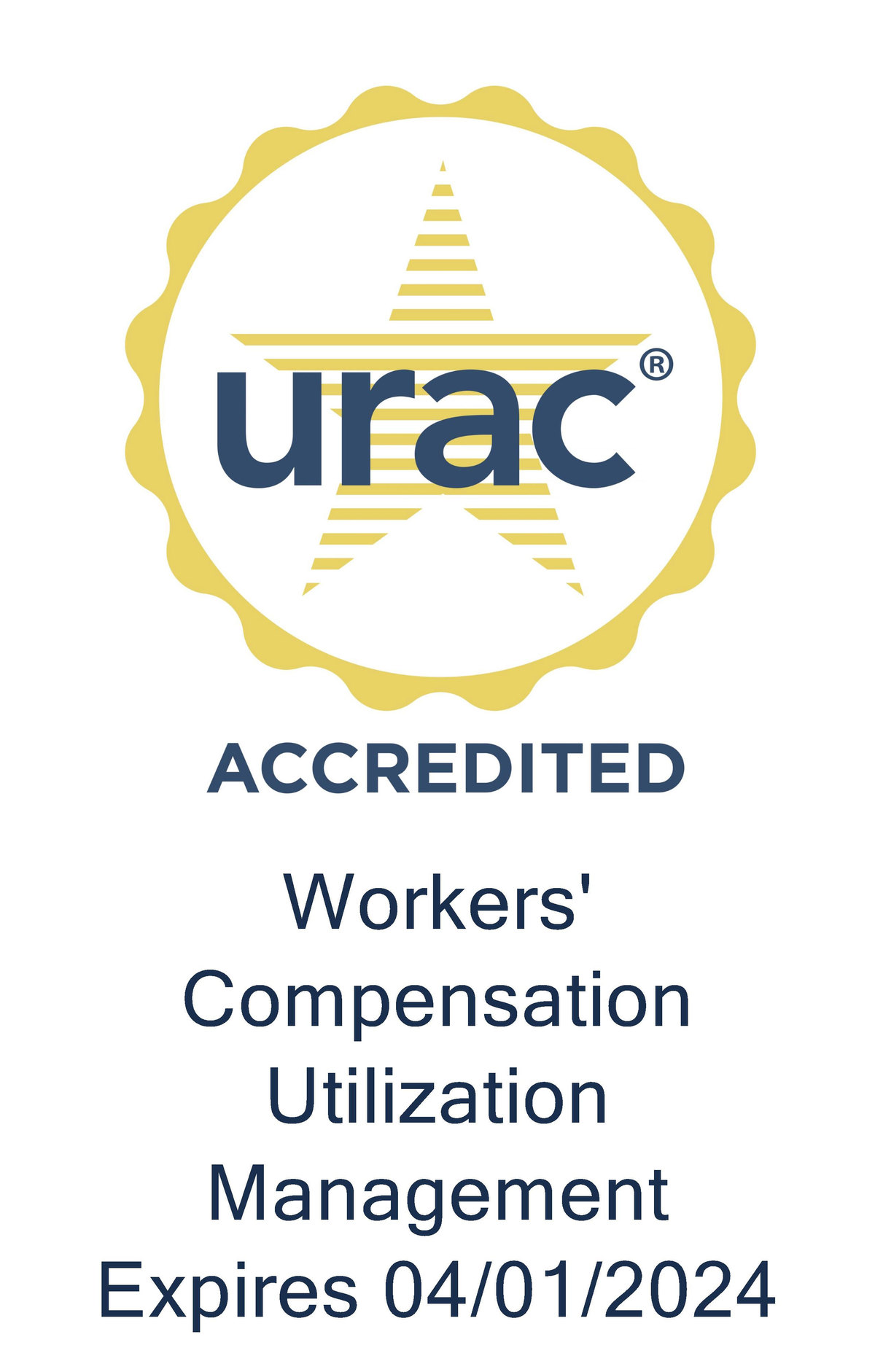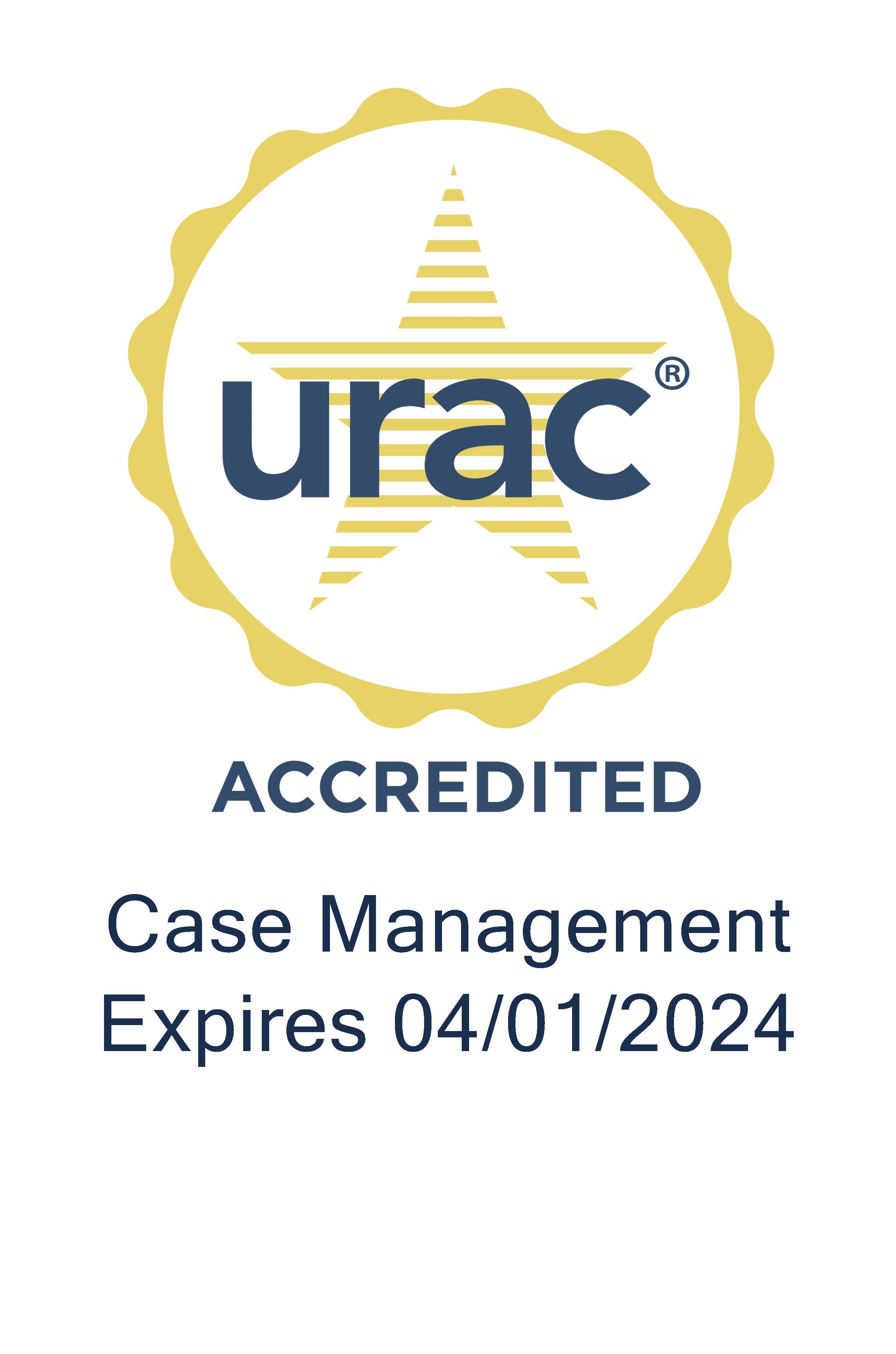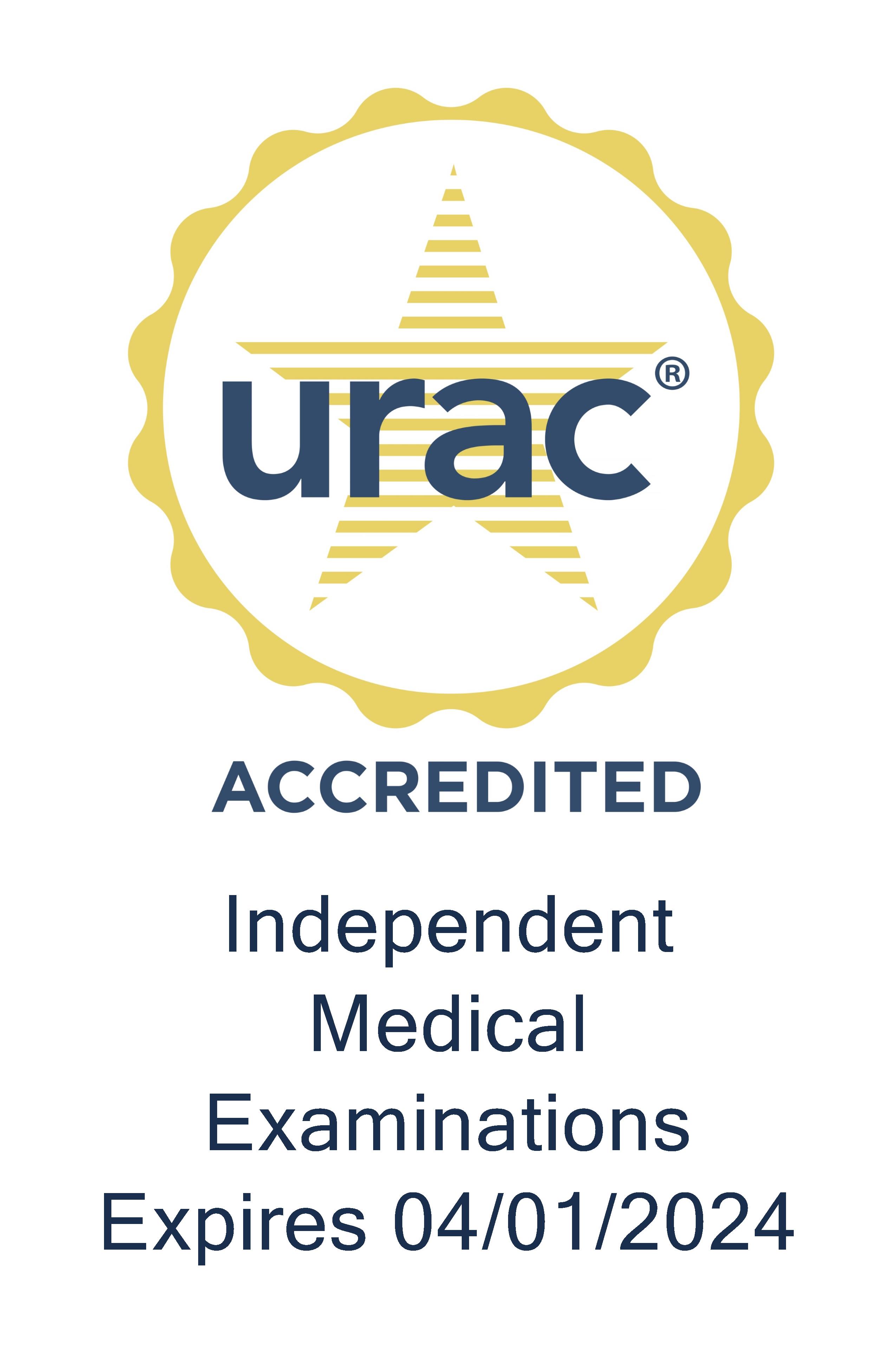We’re back with the second part of our exclusive interview with Peter Rousmaniere in which he discusses how current trends will impact the future of the industry and gives us a preview of what he plans to do next after his retirement from workers’ comp. Here’s part 2. For Part 1 of the interview, click here.
Tom Kerr (TK): Peter, what was the most challenging topic you’ve covered in your career?
Peter Rousmaniere (PR): The most challenging ones are where the response to a problem is very confused, very slow in coming and full of controversy. And I would say the one that most hits at that those categories is mental trauma, PTSD.
We have a societal resistance to mental health issues anyway, before getting into workers’ comp. We have a problem with diagnosis and treatment. We have laws in states which make it either impossible or virtually impossible for mental trauma cases to be addressed in a straightforward way. That varies tremendously among the states.
I find that, there’s a lot of fear, uncertainty, and doubt within the industry, reflecting fear, uncertainty, and doubt throughout society on how to anticipate, prevent and respond to mental trauma.
TK: Do you feel we are making strides in mental health or do you think we still have a long way to go in terms of looking at mental health as something that needs more attention in workers’ comp?
PR: I think we have gone a long way from what I might call the dark ages of not too long ago in the form of using new proven therapeutic techniques, such as cognitive behavioral therapy on the psychological issues of physically injured workers. We have changed some state laws to allow for easier recognition of PTSD. However, that is usually restricted to law enforcement or public safety workforces when, in fact, schoolteachers are perhaps, even more vulnerable to mental trauma than are many firefighters, and they are not covered.
TK: And, what do you consider to be some of the key drivers to how workers’ comp has changed its approach to mental trauma over the past few years?
PR: In workers’ comp, I think there are several factors. One, actually, is the fact that workers’ comp costs have gone down a lot. And so, therefore, there’s less a focus on trying to keep all costs down. So, I believe there’s at the margins, a somewhat greater willingness to accept the possibility of higher benefit costs by recognizing mental trauma.
But I think societally, we have a much more whole‑person view to the injured worker now than we did as recently as 10 years ago. There’s a greater recognition of a whole person. Genex’s case managers treat the whole person. They don’t treat the injury, they treat the whole person, and that’s why they are effective.
And that sense of the whole person has, I think, gone into other areas of claims, so that you have a physical injury which may give rise to anxiety and then the response, which is to introduce cognitive behavioral therapy or, more explicitly, psychological counseling into the claims process. I think that’s a very wholesome change.
We still have a problem that state legislatures are highly anxious when there’s somebody who comes in and says, we should give greater recognition to mental trauma among workforces and not simply first responders.
TK: Those are some great points and thank you for pointing out the work of case managers. Case managers aren’t ones to brag about the work they do. They just do their jobs and consider it just kind of a day at the office. But they really do look at the whole person and you have keyed in on the work they do and the contributions they make.
PR: Yeah, well, I actually want to say a bit more on that because I’ve had on-the-record cited probably a half-dozen times or more Genex case managers and I’ve had off-the-record cited probably 20 times over the last 15 or 20 years case managers at Genex. And, what I get from them is an understanding of the story of the worker. We’re not really talking about a back injury, we’re talking about a story. And they know how to understand that story. That is part of the skills of listening and the skills of advising and mentoring. And, if I were ever to, and I expect to in the future, come back to my friends in the workers’ comp space, the first people I’d go to would be case managers.

TK: That’s great and I can totally understand why. So now that you’re retiring, what’s next for you, Peter?
PR: I am very interested in the first two decades of this century, between year 2000 and next year, 2020. I believe that more has been going on in this 20‑year period than has been going on in the last, let’s say, 150 years, notwithstanding wars, civil wars, global wars. But if you remove the wars and you look at the evolution of people, of technology, of the environment, so much seems to be coming to a head right now.
Let me give you an example, because we’re seeing this in workers’ comp, which is the introduction of artificial intelligence. The modern world has seen three or four or five cycles of technology since the late 18th century. Artificial intelligence is the only one in which it’s not only a tool, like an engine or a telephone, but an effort to replicate ourselves as humans in a practical way, in a digital comparable way. And that’s extraordinary.
We also have seen in the last 20 years a vast increase in immigration, which has, I believe, been a major factor in disruption of domestic politics. We’ve seen climate change become more and more front‑page. We’ve seen inequality, not only in the United States, but pretty much throughout the world, increase.
And I’m fascinated with why this is going on, and I’m fascinated with why you, Tom Kerr, your colleagues, my friends, my brothers, and my sister, perceive these things. And, I’m going to be spending a fair amount of time trying to puzzle it through and I expect something will come out in writing.
TK: That’s what I was going to ask you next. It sounds like a huge challenge but something that obviously is really needed. So, are you’re looking to continue to write articles on this or publish a book?
PR: It’s something like that, but I don’t know yet. I’m a realist, you know, being a writer, that getting proper airtime or readership is not guaranteed and that there’s a lot of persistence and a lot luck involved. So, I’m focusing right now on trying to understand it.
I would say that coming from workers’ comp is very interesting. If you want to have a pedigree, a background in understanding the swirling, confusing world at large, coming from workers’ comp is not a bad place. Because we’re dealing in workers’ comp, with every work comp injury in clients, personnel issues, legal issues, insurance, medicine, psychology. And underlying that there’s this kind of latent question about, “What’s fair?”
And you have all those wrapped up into one ball. Some stuff that’s very wonky, very nerdy and some things that are very philosophical. And I cannot think of another background that has suited me better than being in 30 years doing workers’ comp.
TK: You’re right, a comp background certainly would help a journalist prepare to cover basically any general topic. Even though we’re in this niche industry, we deal with so many different facets of society, including politics.
PR: Let me answer that. If you go back and look at literature, at novels and movies, you find that work injuries are often a favorite plot device to get rid of somebody or to set up some kind of sense of outrage or loss. Authors have been using workers’ comp, or work injuries before workers’ comp came along, many times over the last 150 years to provide a lens through how society works, how families work, how power works. We don’t have very much time during the day to think about this, but when you sit back, we’re dealing with a lot of issues compacted into our daily lives, into our eight‑hour day.
TK: That’s true and I just want to close by thanking you for your time today, Peter, and I asking you this important question: What advice would you give the industry as you wrap up your career in comp?
PR: Of all the good questions you’ve asked that’s the one that’s the most interesting for me. I noticed this when I came into the industry 30 years ago, that there were hardly any managed care firms at that time. And the crisis that happened in the late ‘80s was partly due to the fact the insurers did not know how to innovate. Insurers had been generally, over time, poor at innovation. So, it’s taken private firms, such Genex, to do the innovation.
I read a book the other day on innovation in the American economy, and the author referred to innovation as a matter of trial and error, and error, and error. So, the advice I would give is, “Fail more often.”
Think of a successful UR system, or a medical provider network, as one that has survived a dozen brushes with death. Keep on revising. Develop the muscle inside the organization and the muscle inside the individual person to anticipate that things are going to change.
This is what has been very difficult. It’s something I’ve had to learn over time, how to open myself up to change, and it’s a continual struggle every single day. I feel I can deteriorate. And every single day an organization can deteriorate. So, it needs to learn how to innovate, how to fail more often, how to test and revise.
And I’d also leave it with, “Be proud of our industry.” We are doing good work. Don’t apologize for anything. Be proud of our workers, our coworkers and the system.

TK: And when you say your advice is to “fail more often” and be innovative, do you think that there is a problem with the industry not taking more chances?
PR: Well, I’ve been looking at this for a long time, trying to figure out why things changed and why things don’t change in workers’ comp, and I think there’s some constraints on change. You might say “chains” which drag the industry down.
One is the highly regulated nature of it tends to un-reward innovation and to award kind of marginal adaptation to any new wrinkle, but only a marginal kind of change. And that’s true in any highly regulated industry.
I think there’s a self‑image issue as well, that many people and many organizations in workers’ comp do not see themselves as part of the entire American landscape. They see themselves as fairly isolated. And that sense of isolation sooner or later tends to dissipate the energies for innovation.
I’ve noticed over the last 10 years or so, a significant opening up of the view that workers’ comp leaders have about being part of society as a whole, as opposed to being this highly segmented, highly regulated, and essentially impossible‑to‑explain process. It is more open and we’re part of a larger community.
I don’t think that the state legislatures understand that and I think that’s a significant drag we have. For example, a firm like Genex has a lot of power and energy to do all kinds of interesting things. It works for employers and insurers, and claims payers, who themselves are, to some extent, tied into and beholden to state regulation. And so, there’s only so many things that Genex can do, in terms of great ideas to bring to clients that they’re going to respond to.
You know, I think that applies to a lot of innovators all over the field. If we’ve got 20 innovative minds and got them together and said, “Let’s forget about the laws. Just, rewrite work comp laws,” we would have a more vibrant, more timely system than we have now. But it’s the regulatory culture that tends to discourage and impede innovation.
TK: Well, that wraps up our two-part interview with Peter Rousmaniere. You know, even though he’s retiring I have a feeling it won’t be the last we’ll hear from him … and that’s a great thing for the workers’ comp industry. Thank you, Peter. And that’s also a wrap for the 2019 edition of Inside Workers’ Comp. But we’ll be starting 2020 with another special guest who has made a lasting impact on our industry. But until then, here’s to a peaceful and prosperous new year. Thanks for listening.






